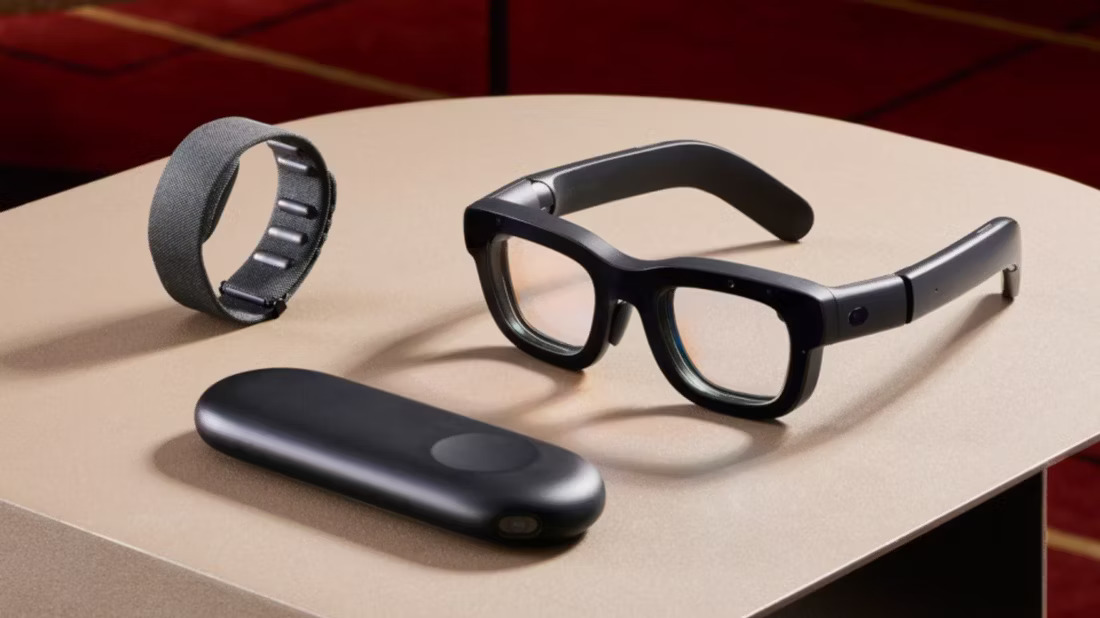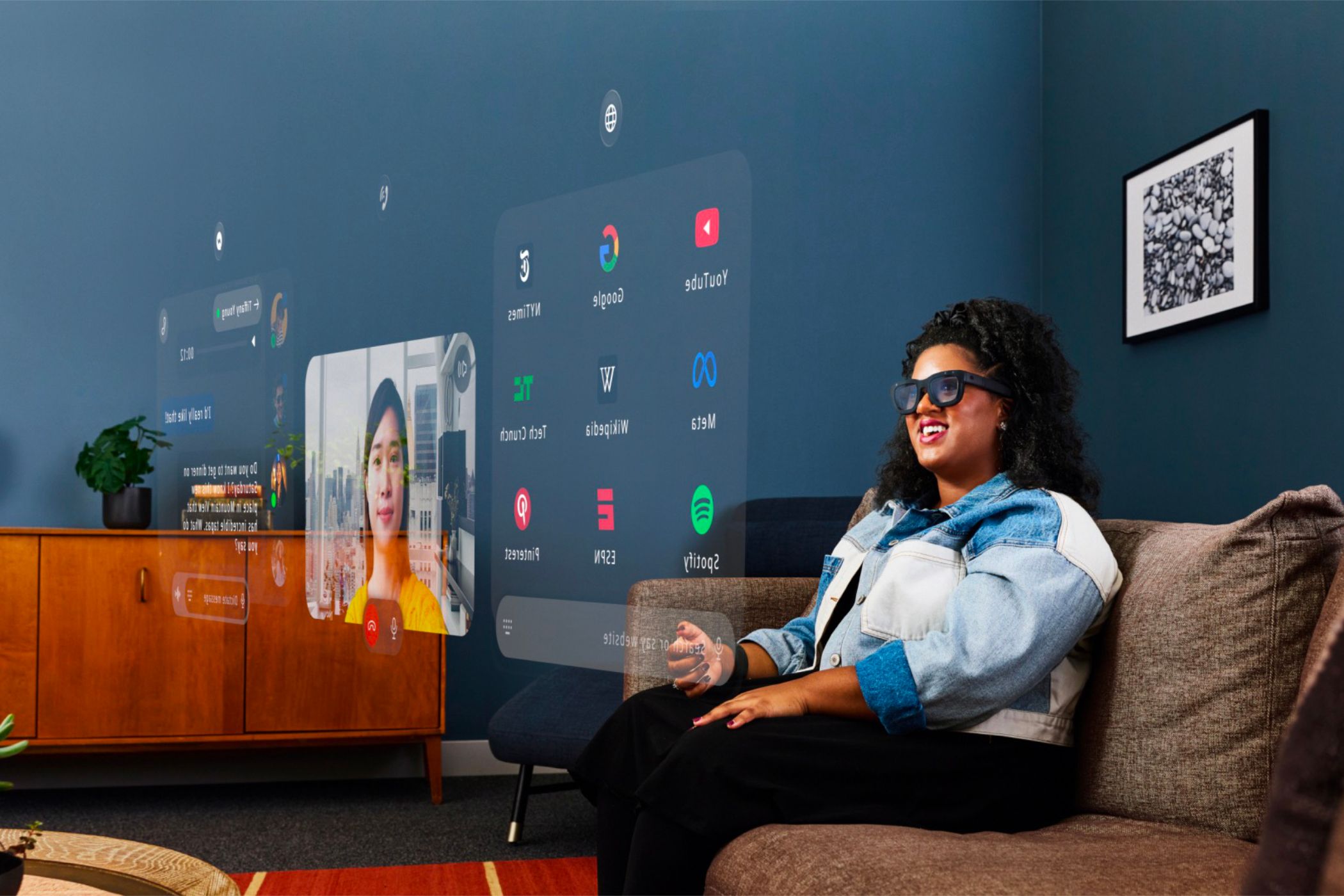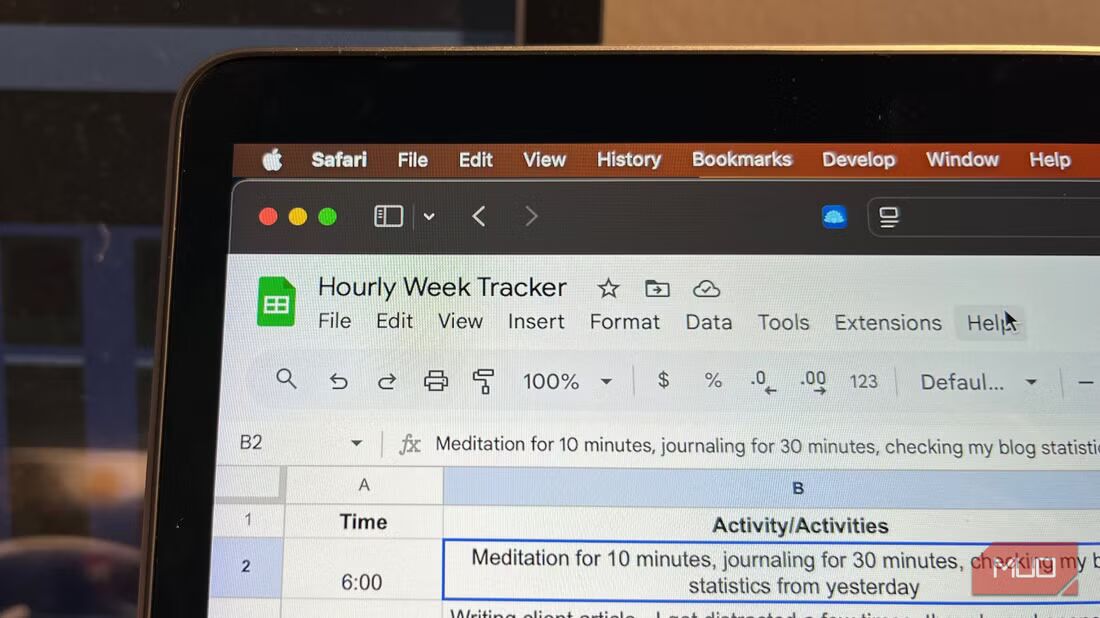Wednesday’s Meta Connect Event brought several updates to the Meta universe, including the introduction of the Meta Quest 3S. But all eyes seemed focused on a novel pair of smart glasses dubbed “Orion.”
At the event, Facebook CEO Mark Zuckerberg touted the specs as a “full holographic” experience with a “completely new type of display architecture.” Zuckerberg also indicated the glasses had been in development for around a decade.
AR Glasses for the Masses?
There are three parts to the glasses: a puck, referred to by insiders as “central compute,” the glasses, and a wristband. The glasses themselves echo the Buddy Holly-esque frames that enjoyed a resurgence in the early 2010s. Among the features of Orion, the most interesting were a neural interface, and support for hand and eye-tracking.
We’ve previously discussed how awesome AR glasses are for gaming, and technology and sci-fi fans have long salivated over the prospect of AR glasses that could bring augmented reality into the mainstream. Orion looks to be a step in the right direction. However, questions have been brought to light about whether the glasses will ever make it to market.
On Thursday, Yahoo Finance reported that two former engineers close to the project had significant doubts about Orion’s market viability. According to the report, Orion’s initial run of 1,000 pairs of glasses was drastically reduced to 100, only around 20 of which were capable of turning on and displaying an image. The report states that this development brings the cost of each working prototype into the six-figure range. Still, whether Orion will eventually see the light of day as a mass-market product isn’t exactly clear.
Orion’s Questionable Future
Moreover, in August, the Reality Labs division of Meta, which is the division responsible for Orion’s development, reported a $4.48 billion-dollar loss in its Q2 earnings. The loss is nothing new.
Since 2020, the Reality Labs division of Meta has been bleeding billions. Additionally, in June, the division laid-off around 100 of its employees. To some, myself included, those actions paint a shaky picture for the future of Orion. Meta’s official Orion announcement offers a similar perspective.
“While Orion won’t make its way into the hands of consumers,” states the announcement, “make no mistake: this is not a research prototype.” That statement causes the glasses to feel less like an inevitable reality and more like a holographic pipe dream—even if it indicates progress.
But if a decade of development and billions of dollars have already been poured into the project with no marketable results, then you probably shouldn’t hold your breath. It’s obvious the glasses will not be arriving on store shelves any time soon. Unfortunately, that means the future of Meta’s promising new Orion project will continue to remain blurry.




